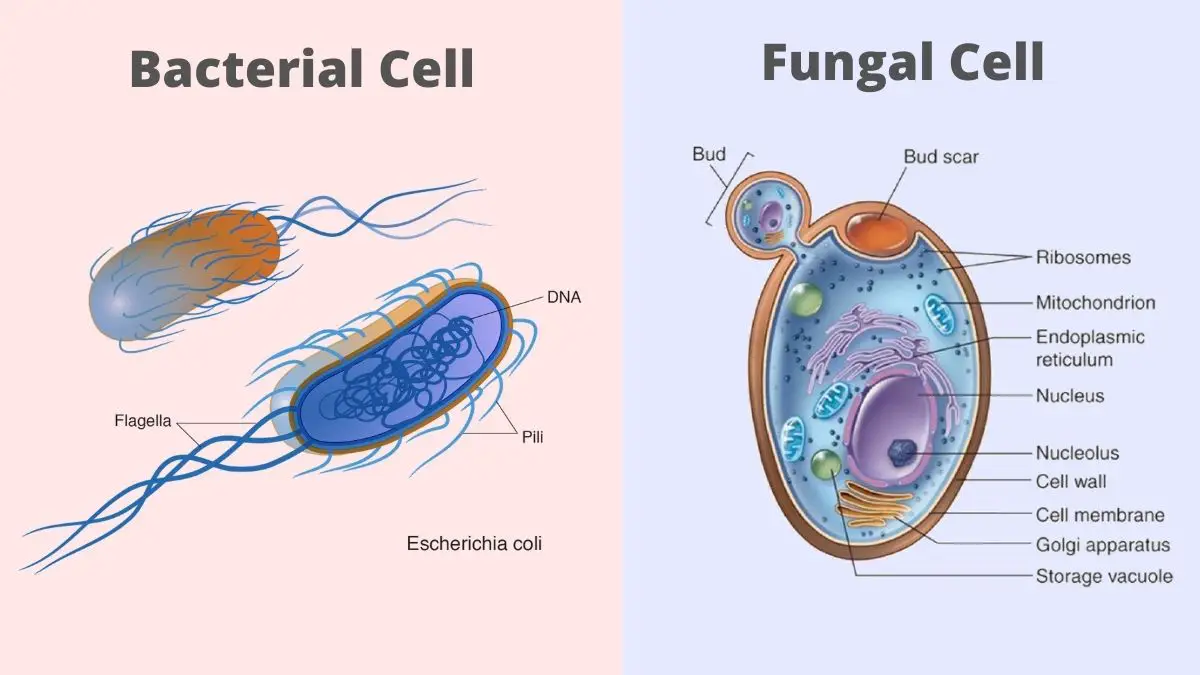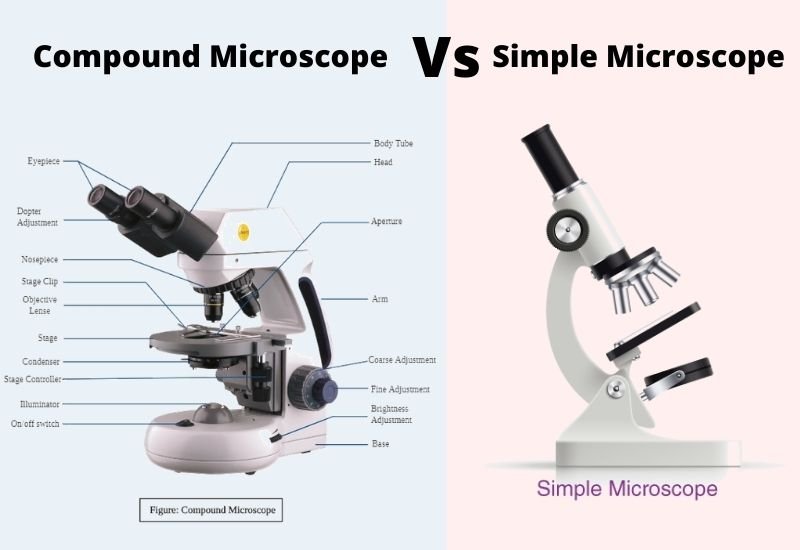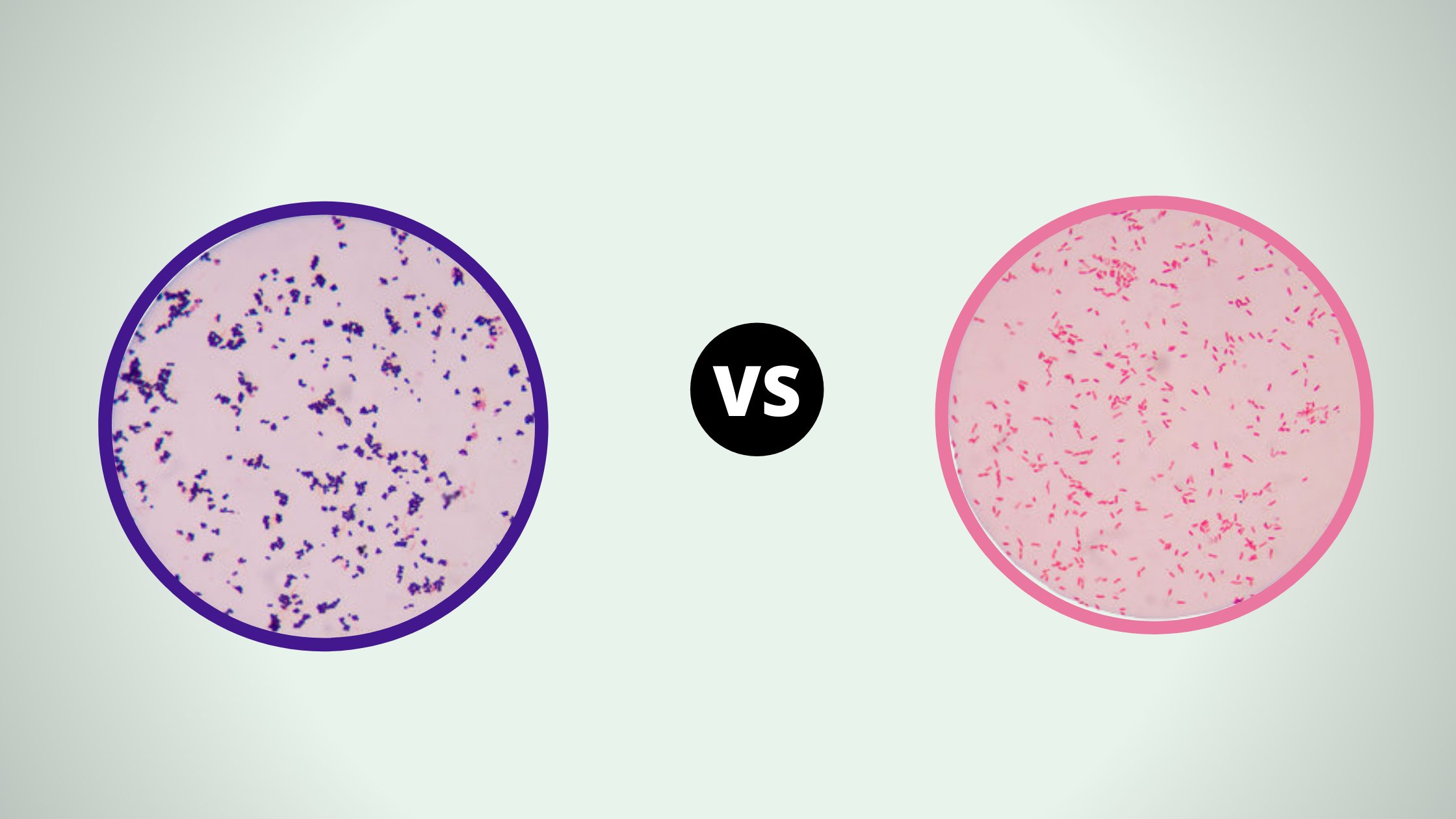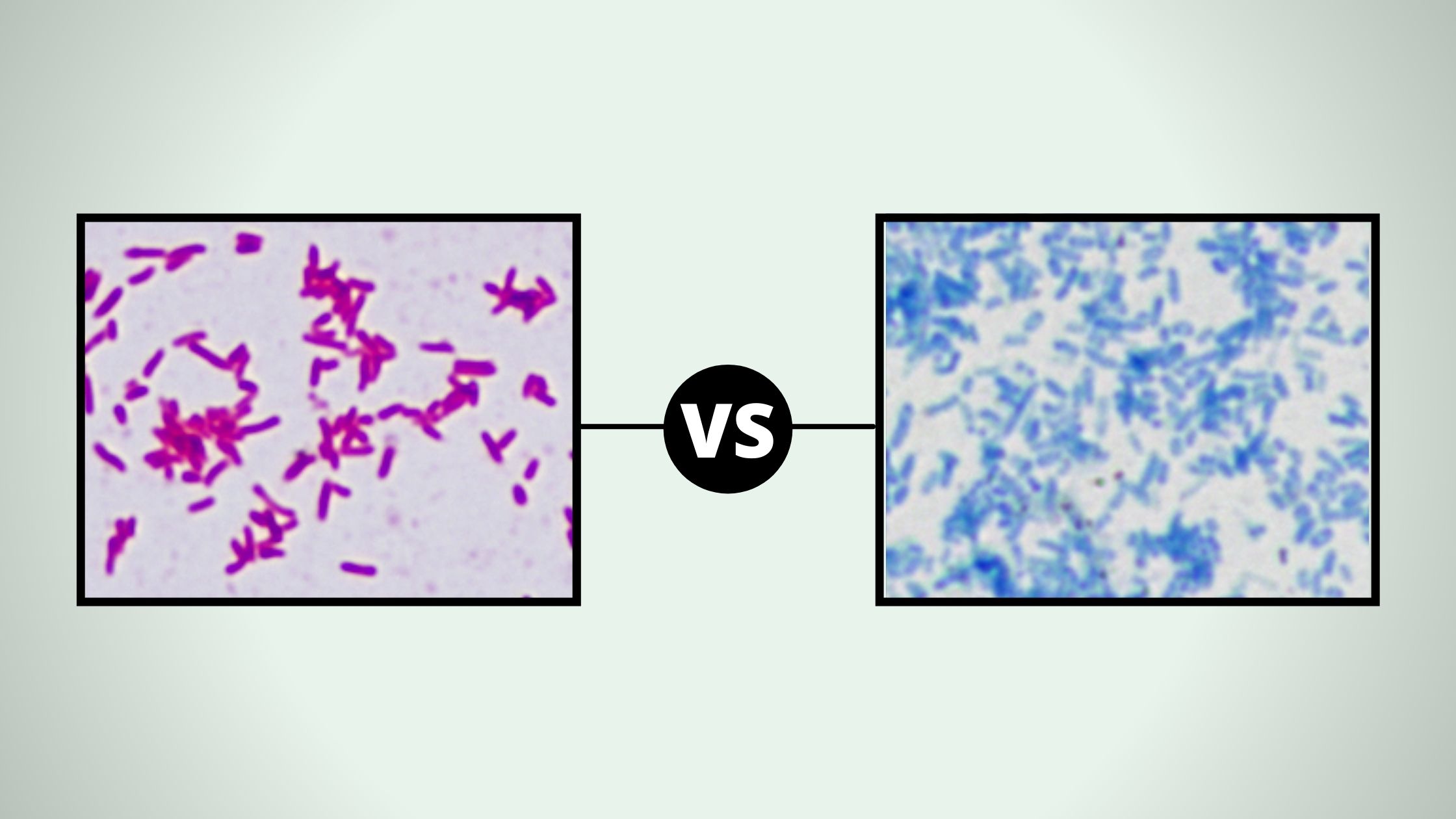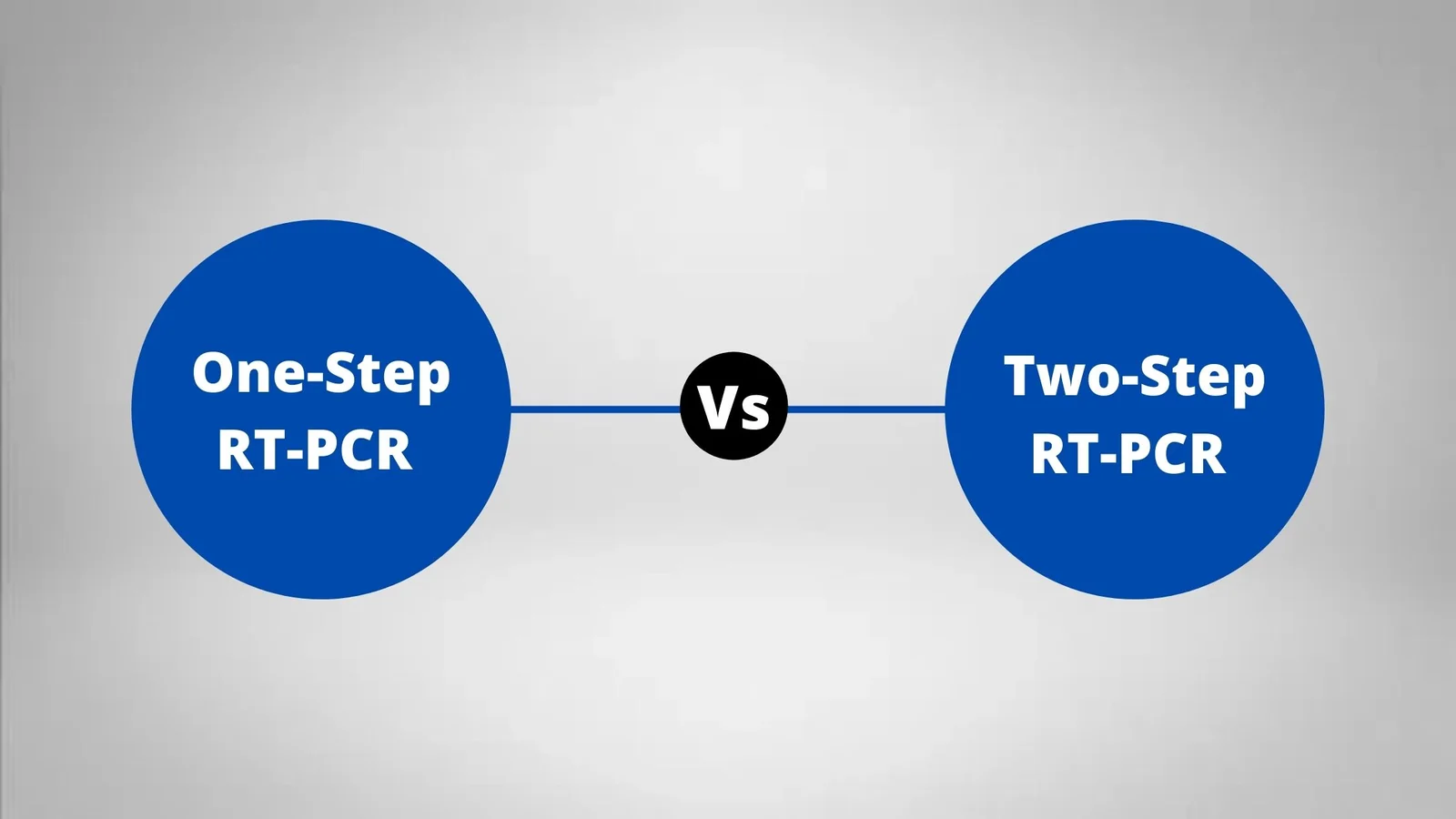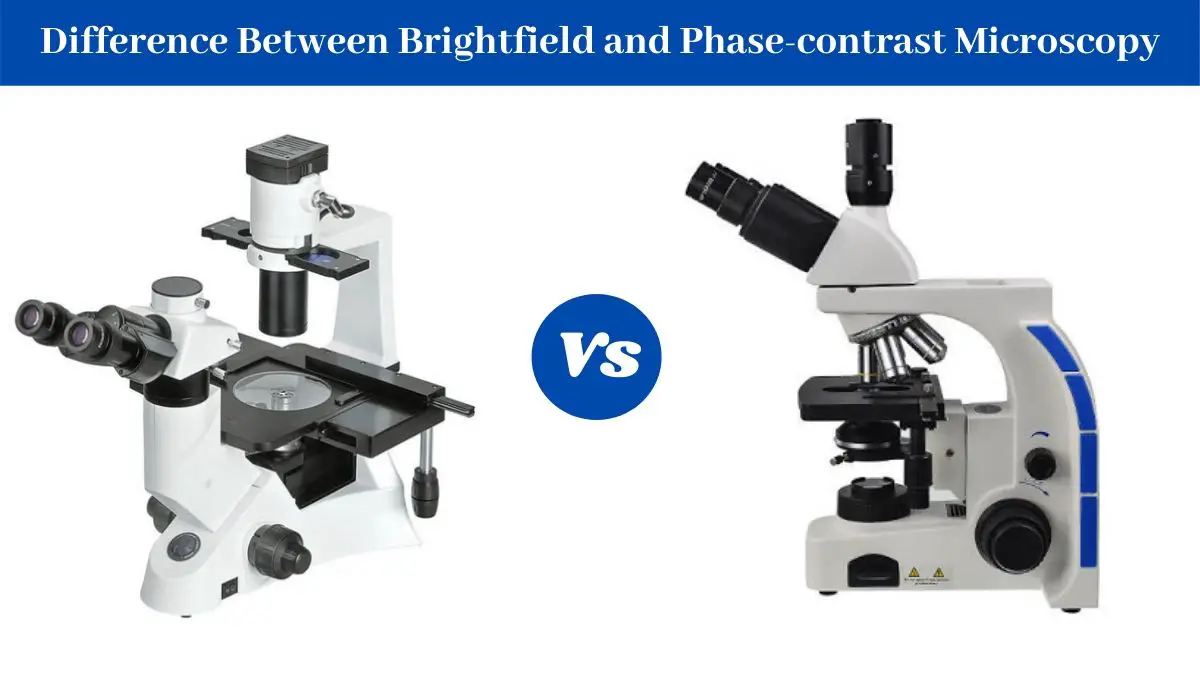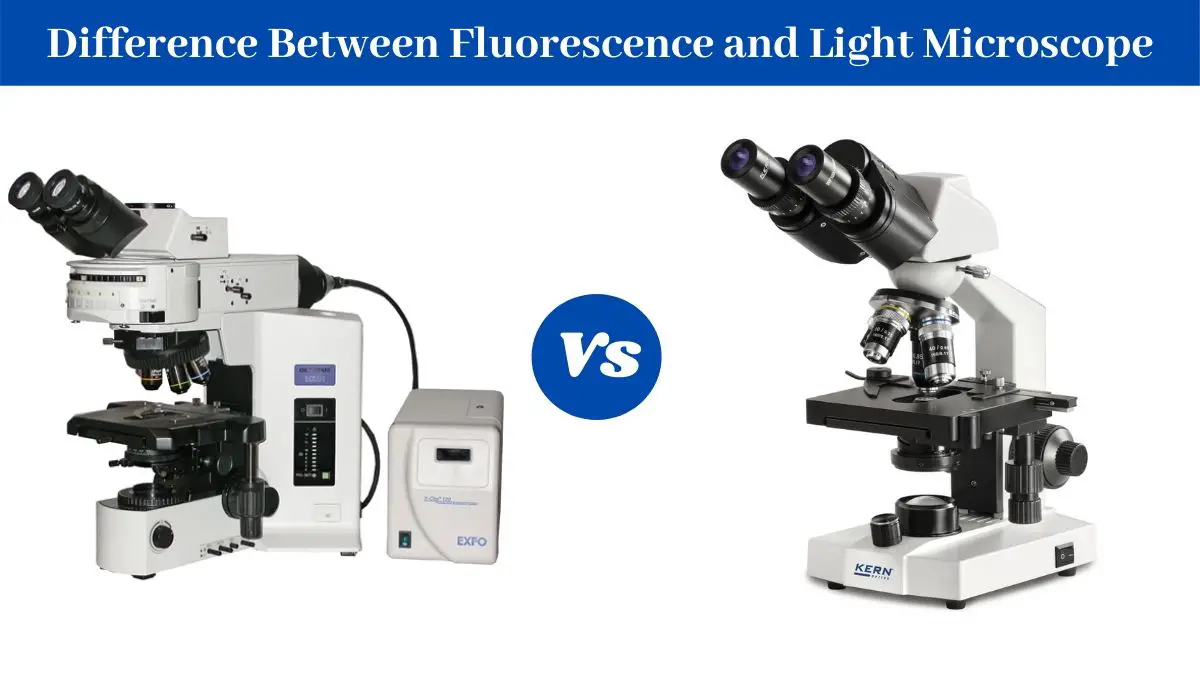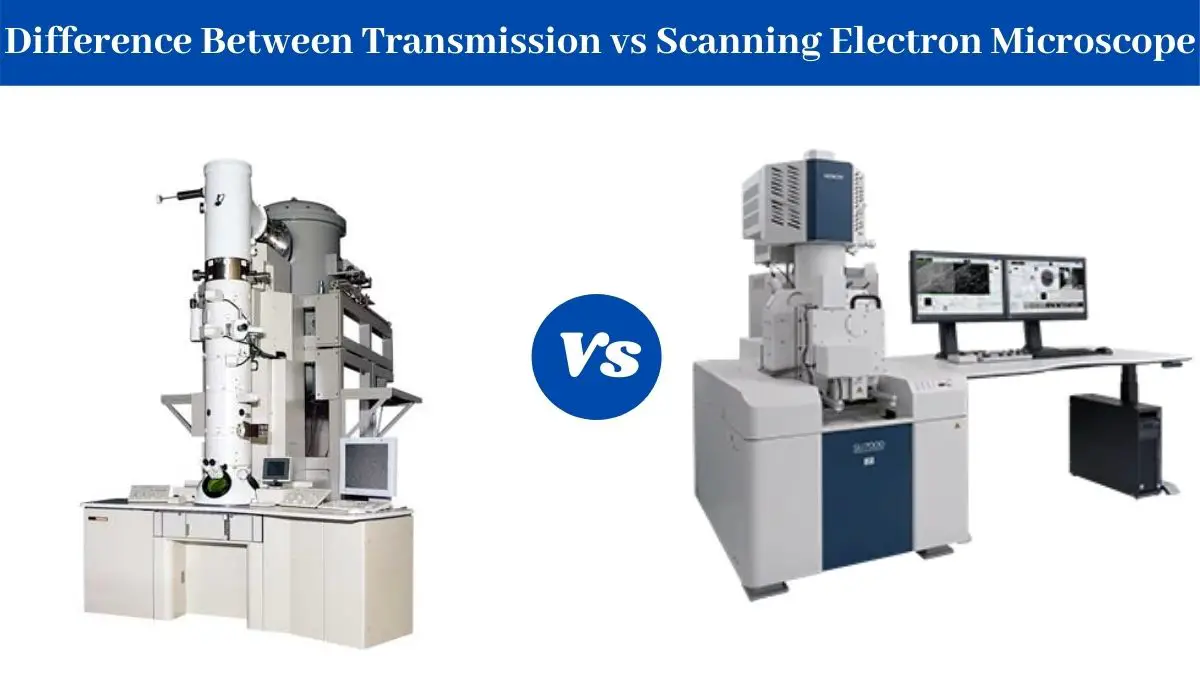20 Difference Between Bacteria and Fungi
Definition of Bacteria Bacteria are unicellular, prokaryotic organisms, that lack a true nucleus and contain a few membrane-less cell organelles. Definition of Fungi Fungi are multicellular eukaryotic organisms that don’t produce their food on their own and are characterized by the chitinous cell wall. Key Differences Between Bacteria and Fungi Topic Bacteria Fungi Definition Bacteria … Read more
